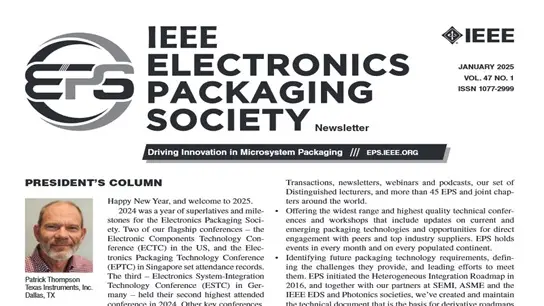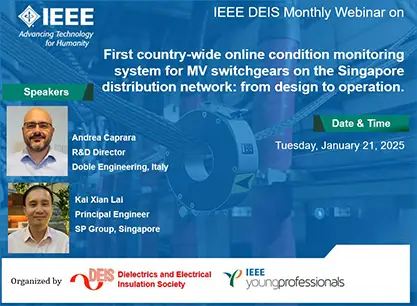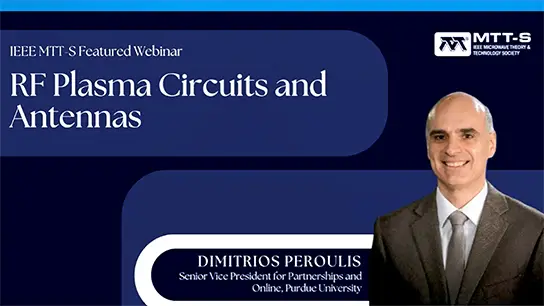-
Members: FreeRS
IEEE Members: $11.00
Non-members: $15.00Pages/Slides: 71
27 Jan 2022
Abstract: In 1990, Voas’s PhD dissertation on fault injection changed how people look at mutation testing. His dissertation was turned into this paper: Jeffrey M. Voas, “PIE: A dynamic failure-based technique,” IEEE Transactions on Software Engineering, vol. 18, no. 8, Aug. 1992, pp. 717-727. doi: 10.1109/32.153381. The article has 541 citations, with more than 1,000 citations to Dr. Voas’s follow-on papers about the PIE model. The article contributed to the blossoming of research and application of the subfield of dependable computing known as test prioritization, with scholarly works on test prioritization citing Dr. Voas’ article over 100 times. United States Patent (USP) 7,210,128, Event-driven Observability Enhanced Coverage Analysis (Fujitsu 2007) cites the article. Follow-on articles by Dr. Voas about the PIE model are cited in USP 5,548,718, Method and System for Determining Software Reliability (Microsoft 1996) and most recently USP 10,061,684, Enhanced Service Validation (Microsoft 2018). This talk is about that work from 30+ years ago. This is the core theme of the talk: Software reliability testing is traditionally based on the inputs that a system is expected to receive during operation along with the likelihood that they will occur. Inputs that are more likely are more likely are the nominal inputs. Inputs that are less likely to occur are the off-nominal inputs. For critical systems, both types of inputs should be used during testing. However, there is yet a 3rd type of input that should be considered during V&V, and that is corrupted inputs. It is well known that with software, input data can easily be corrupted. So, the question becomes: What will the software do when that happens? Answering this question is the role of software fault injection testing, and the focus of this keynote. Biography: Jeffrey Voas is an author and innovator. He is currently a computer scientist at the US National Institute of Standards and Technology (NIST) in Gaithersburg, MD. Before joining NIST in 2009, Voas was an entrepreneur and co-founded Cigital that is now part of Synopsys (Nasdaq: SNPS). He has served as the IEEE Reliability Society President (2003-2005, 2009-2010, 2017-2018), and served as an IEEE Director (2011-2012). Voas co-authored two John Wiley books (Software Assessment: Reliability, Safety, and Testability [1995] and Software Fault Injection: Inoculating Software Against Errors [1998] and was on the Editorial Advisory Board of IEEE Spectrum Magazine (2011-2015). Voas is currently the Editor-in-Chief of IEEE Computer Magazine (2020-2022). Voas received his undergraduate degree in computer engineering from Tulane University (1985) and received his M.S. and Ph.D. in computer science from the College of William and Mary (1986, 1990 respectively). Voas is a Fellow of the IEEE, member of IEEE Eta-Kappa Nu (IEEE Honor Society), Fellow of the Institution of Engineering and Technology (IET), Fellow of the American Association for the Advancement of Science (AAAS), and Life member and Fellow of the Washington Academy of Sciences. Voas is a member of ACM and an Emeritus Life member of the College of William and Mary Graduate Studies Board. Voas received the Gold Medal from the US Department of Commerce in 2014.


